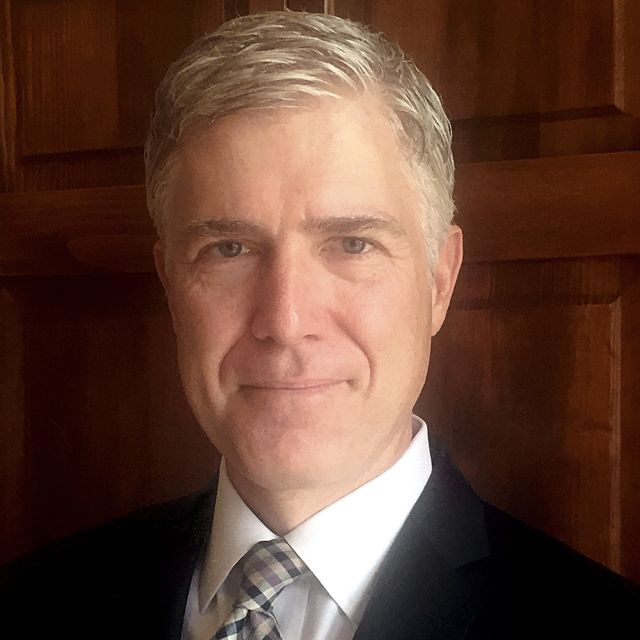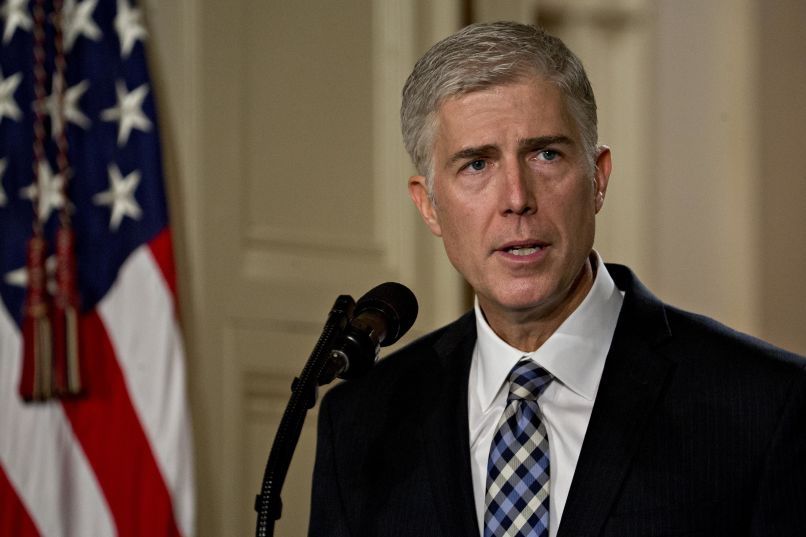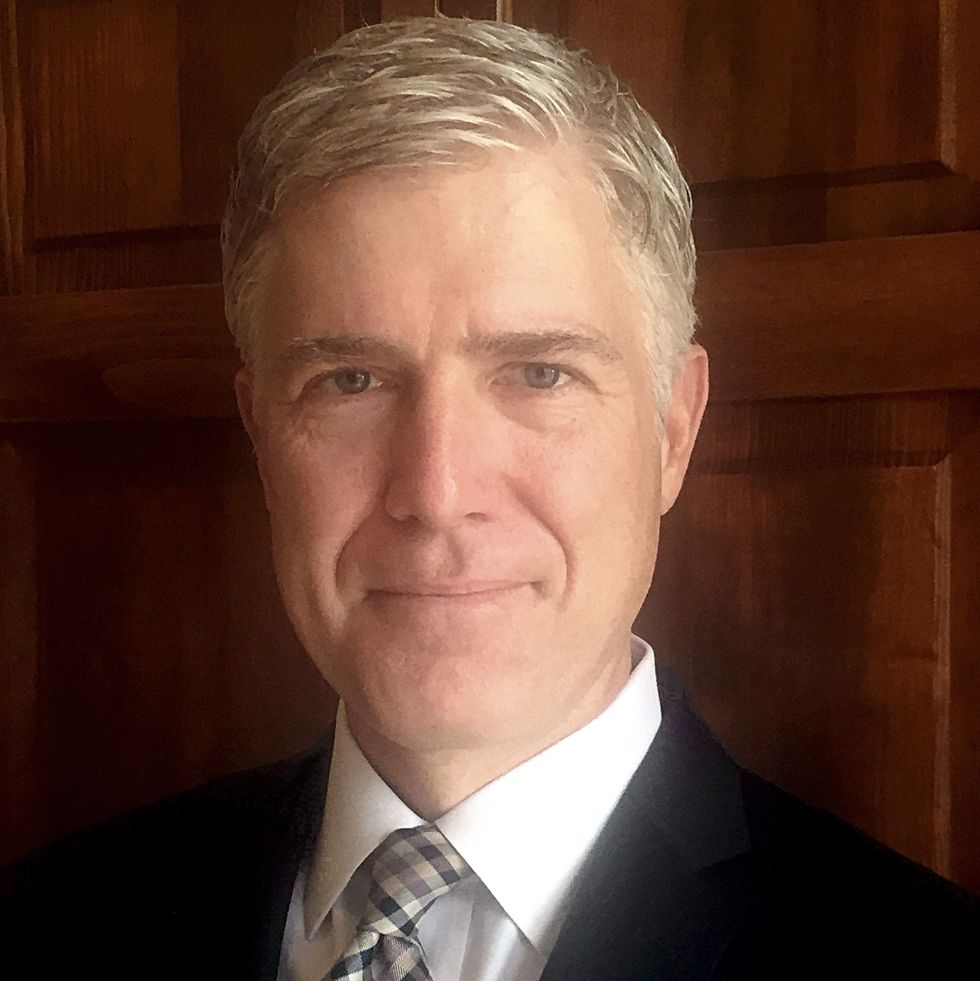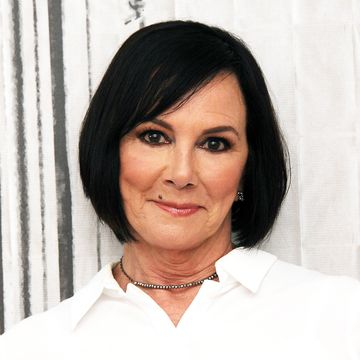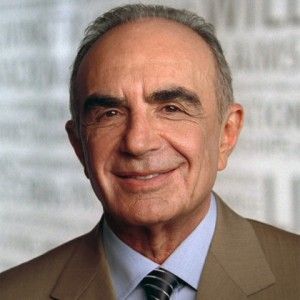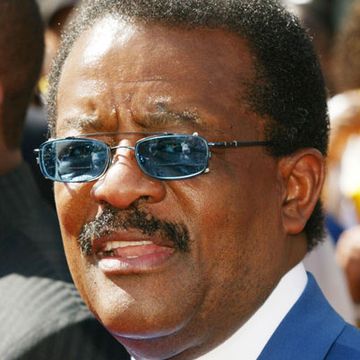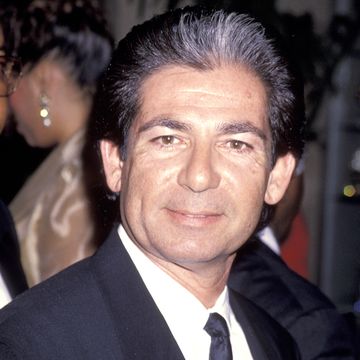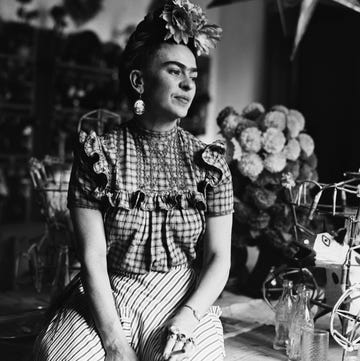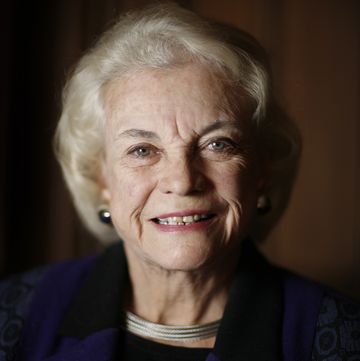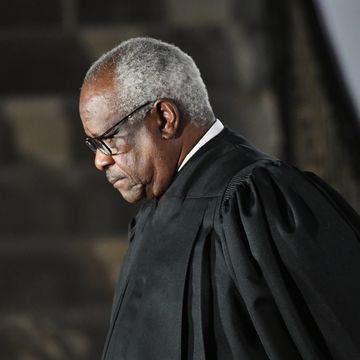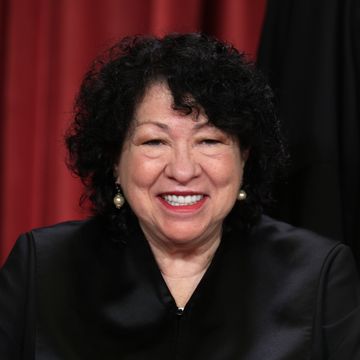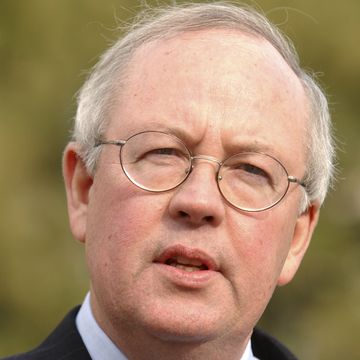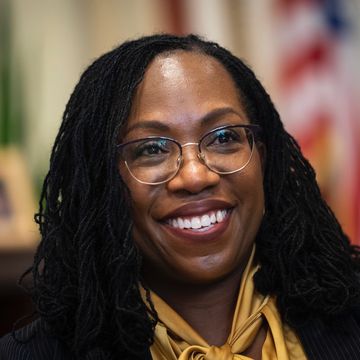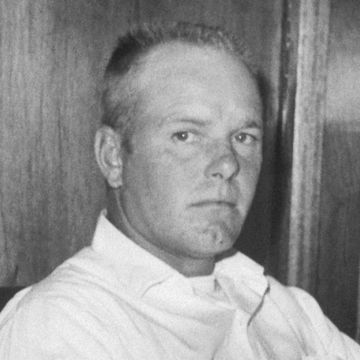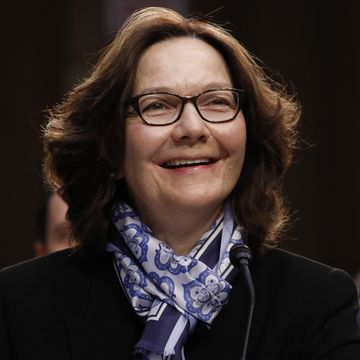(1967-)
Who Is Neil Gorsuch?
Neil Gorsuch is an American lawyer who currently serves on the U.S. Supreme Court. A strong conservative voice from his school days, Gorsuch went on to success at a Washington, D.C., law firm before briefly working at the U.S. Department of Justice. Named to the the U.S. Court of Appeals for the Tenth Circuit in 2006, Gorsuch established himself as an originalist and supporter of religious freedom in his opinions. His nomination to the U.S. Supreme Court by President Donald Trump in January 2017 set off a partisan Senate battle, with Democrats convening to filibuster the nomination and Republicans responding by invoking the "nuclear option," before he was confirmed to the bench in April.
Early Years and Education
Neil McGill Gorsuch was born on August 29, 1967, in Denver, Colorado. The oldest child of two lawyers, he was a studious child who also enjoyed outdoor activities.
Gorsuch began spending more time in Washington, D.C., after his mother, Anne, became the first woman to run the Environmental Protection Agency, in 1981. However, she resigned under pressure 22 months into the job after refusing to turn over subpoenaed documents. Around that time she also divorced her husband, David.
Despite the turmoil of his home life, Gorsuch adapted well to Georgetown Preparatory School in Maryland, where he was voted class president as a senior. At Columbia University, he displayed his conservative views as a writer for the Columbia Daily Spectator and co-founder of The Federalist Paper. He graduated Phi Beta Kappa in 1988.
Gorsuch then attended Harvard Law School, where he was classmates with Barack Obama, earning his J.D. in 1991.
Early Legal Career
Gorsuch began his legal career as a clerk for Judge David B. Sentelle of the United States Court of Appeals for the District of Columbia Circuit. He then spent another year of clerkship with two Supreme Court justices, Anthony M. Kennedy and the retired Byron R. White.
In 1995, Gorsuch joined the D.C. law firm of Kellogg, Huber, Hansen, Todd, Evans & Figel. Specializing in complex litigation across a wide range of fields, including antitrust, telecommunications and securities fraud, he rose to the rank of partner in 1998.
In 2004, Gorsuch completed his education with a doctorate in legal philosophy from Oxford University. He then joined the U.S. Department of Justice in 2005 as principal deputy to the associate attorney general, helping to oversee areas related to constitutional law, civil rights and environmental regulation.
U.S. Court of Appeals
In July 2006, the 39-year-old Gorsuch was confirmed without opposition to the U.S. Court of Appeals for the Tenth Circuit, in Denver. That year he also published a book, The Future of Assisted Suicide and Euthanasia, in which he argued against the legality of the practice.
In subsequent years, Gorsuch established himself as an originalist and a textualist, adhering to a belief in the intent of the founders of the U.S. Constitution. He showed a propensity to support religious freedom, notably ruling in favor of Hobby Lobby in 2013 during the craft store's fight against the mandated contraception coverage of the Affordable Care Act.
Gorsuch also made known his opposition to the power given to federal regulators over courts, invoking the controversial 1984 ruling that set the legal precedent in that matter during a 2016 immigration case.
U.S. Supreme Court Nominee
On January 31, 2017, Neil Gorsuch was nominated by President Donald Trump to fill the Supreme Court seat left vacant by the death of Justice Antonin Scalia in February 2016.
For some, Gorsuch was a logical choice to replace the deceased justice. Like Scalia, he was known as a strict originalist and a colorful writer. Additionally, on a court consisting of five Catholic and three Jewish justices, all from the East Coast, it was believed he offered a different perspective as a Protestant from a Western state.
However, coming on the heels of a year-long stalemate, in which Senate Republicans had refused to allow a hearing for Obama's Supreme Court nominee, Merrick Garland, Gorsuch was expected to face a bruising battle for his confirmation.
Setting the table for the showdown, Senate minority leader Chuck Schumer said, "The burden is on Judge Neil Gorsuch to prove himself to be within the legal mainstream and, in this new era, willing to vigorously defend the Constitution from abuses of the executive branch and protect the constitutionally enshrined rights of all Americans."
A week after Gorsuch’s nomination, Democratic Senator Richard Blumenthal of Connecticut disclosed that Gorsuch had said in a meeting with him that President Trump’s negative remarks about the judiciary were “disheartening” and “demoralizing.” Blumenthal said Gorsuch made the comments in reference to President Trump's criticism of Judge James Robart, who blocked the administration’s controversial travel ban on refugees and citizens from seven predominantly Muslim countries. The president called Robart a “so-called judge” on Twitter and tweeted: "Just cannot believe a judge would put our country in such peril. If something happens blame him and court system. People pouring in. Bad!"
Senate Hearings and Partisan Divide
During his three days of testimony before the Senate Judiciary Committee in March, Gorsuch capably handled a series of tough questions from Democrats. He insisted he would remain independent from the president who nominated him, and tiptoed around attempts to draw out his thoughts on the Merrick Garland controversy. The nominee also showed an ability to push back; when top Democrat Dianne Feinstein pressed him about a tendency to favor influential corporations, Gorsuch cited his record over 2,700 opinions as an appellate court judge, noting, "If you want cases where I've ruled for the little guy as well as the big guy, there are plenty of them, senator."
Although it was generally agreed that Gorsuch did little to damage his chances of confirmation, several Democrats expressed frustration that he had not been completely forthright about his views. Minority leader Schumer, for one, said that Gorsuch “was unable to sufficiently convince me that he’d be an independent check” on President Trump, and called for his colleagues to join him in blocking an up-or-down vote.
On April 6, when the Senate convened to advance the nomination, the Democratic front mostly held firm to deny the 60 votes necessary to proceed, resulting in the first successful partisan filibuster of a Supreme Court nominee. But Republicans quickly countered with another historic move, invoking the "nuclear option" to lower the threshold for advancing Supreme Court nominations from 60 votes to a simple majority of 50, thereby eliminating the filibuster.
The procedural hurdles fully cleared, Gorsuch was confirmed as the 113th justice of the Supreme Court on April 7, 2017.
Personal Life
Gorsuch lives in a mountain-view community in Boulder County, Colorado, with his wife, Louise, and two daughters. There he raises farm animals and indulges his love for the outdoors by fishing, hunting and skiing.
Gorsuch has also been involved in his local legal community and has taught ethics and antitrust law as a Thomson Visiting Professor at the University of Colorado Law School.
QUICK FACTS
- Birth Year: 1967
- Birth date: August 29, 1967
- Birth State: Colorado
- Birth City: Denver
- Birth Country: United States
- Gender: Male
- Best Known For: Formerly a judge on the U.S. Court of Appeals for the Tenth Circuit, Neil Gorsuch was confirmed as the 113th justice of the U.S. Supreme Court in 2017.
- Astrological Sign: Virgo
Fact Check
We strive for accuracy and fairness.If you see something that doesn't look right,contact us!
CITATION INFORMATION
- Article Title: Neil Gorsuch Biography
- Author: Biography.com Editors
- Website Name: The Biography.com website
- Url: https://www.biography.com/legal-figures/neil-gorsuch
- Access Date:
- Publisher: A&E; Television Networks
- Last Updated: August 28, 2019
- Original Published Date: February 6, 2017
QUOTES
- Ours is the job of interpreting the Constitution. And that document isn’t some inkblot on which litigants may project their hopes and dreams for a new and perfected tort law, but a carefully drafted text judges are charged with applying according to its original public meaning.
- It is the role of judges to apply, not alter, the work of the people’s representatives. A judge who likes every outcome he reaches is very likely a bad judge, stretching for results he prefers rather than those the law demands.
- I began my legal career working for Byron White, the last Coloradan to serve on the Supreme Court — and the only justice to lead the NFL in rushing.
